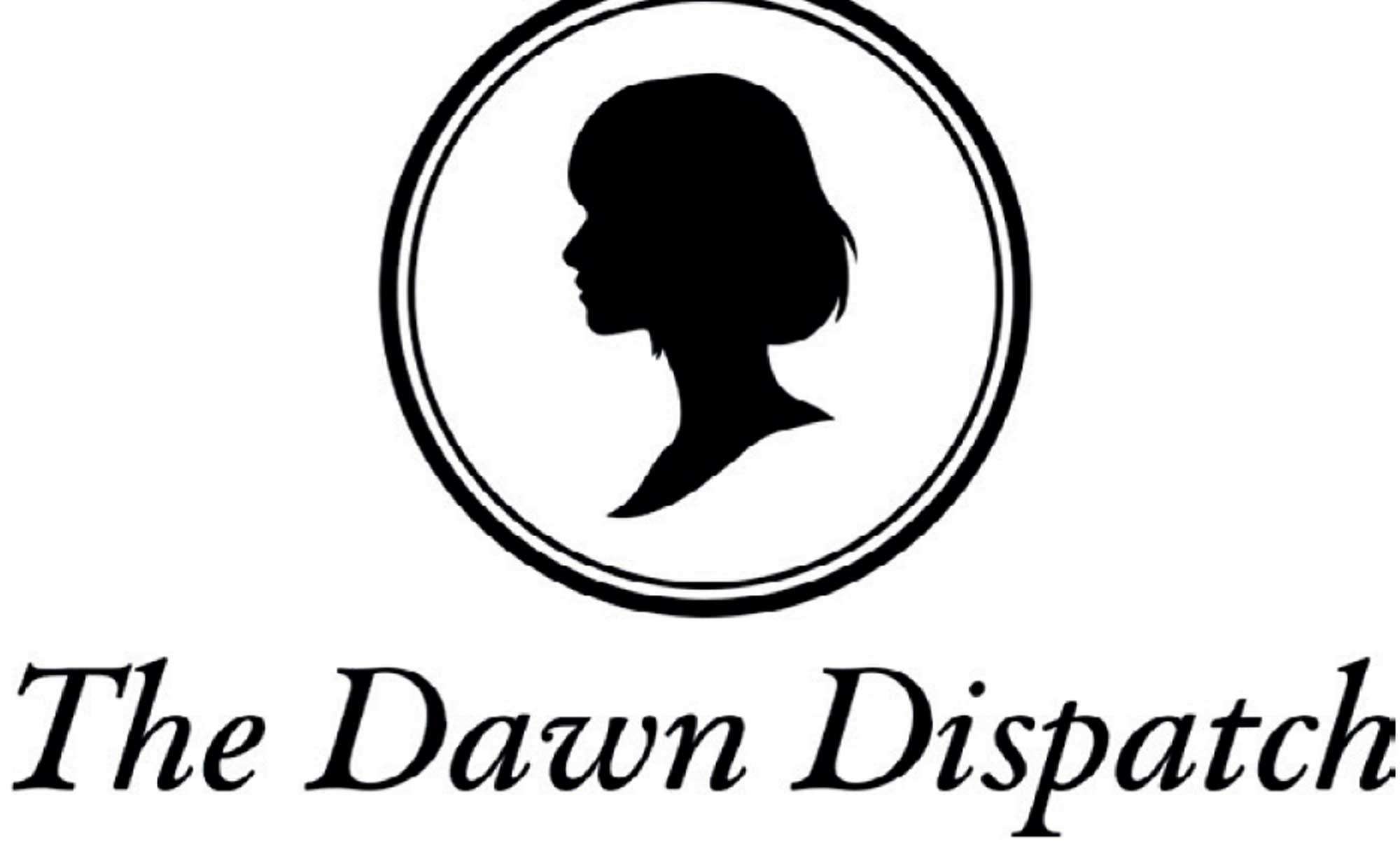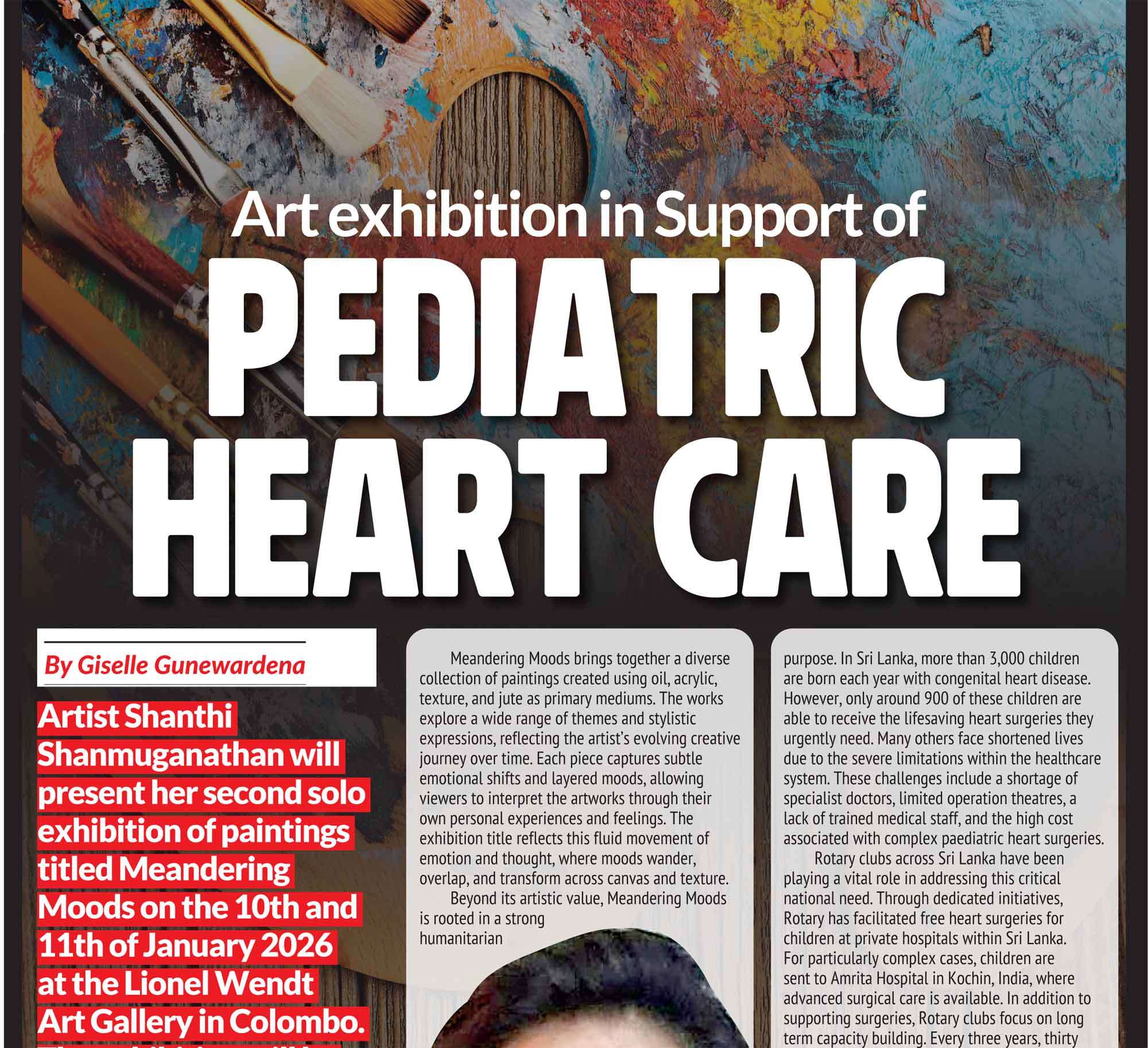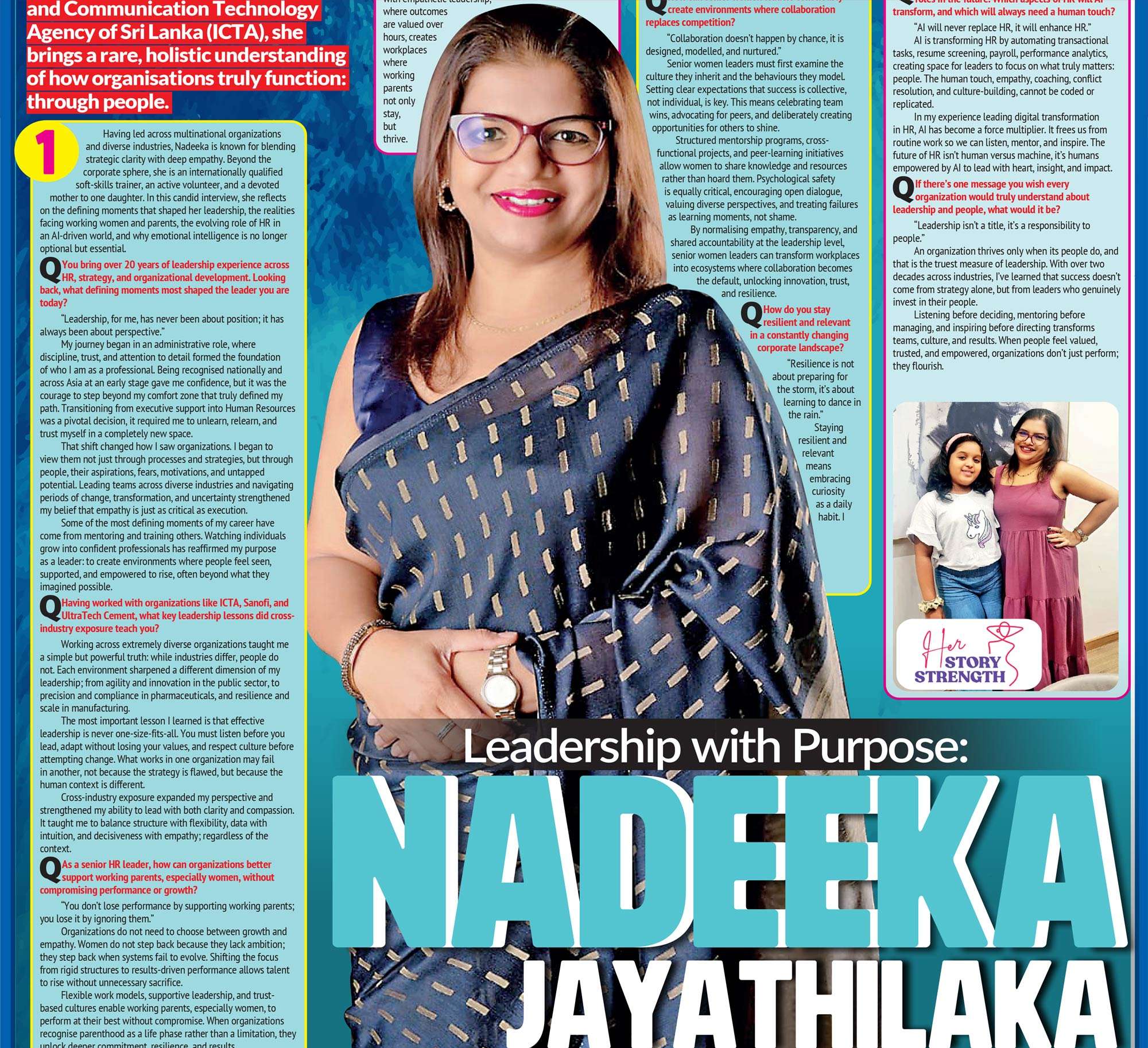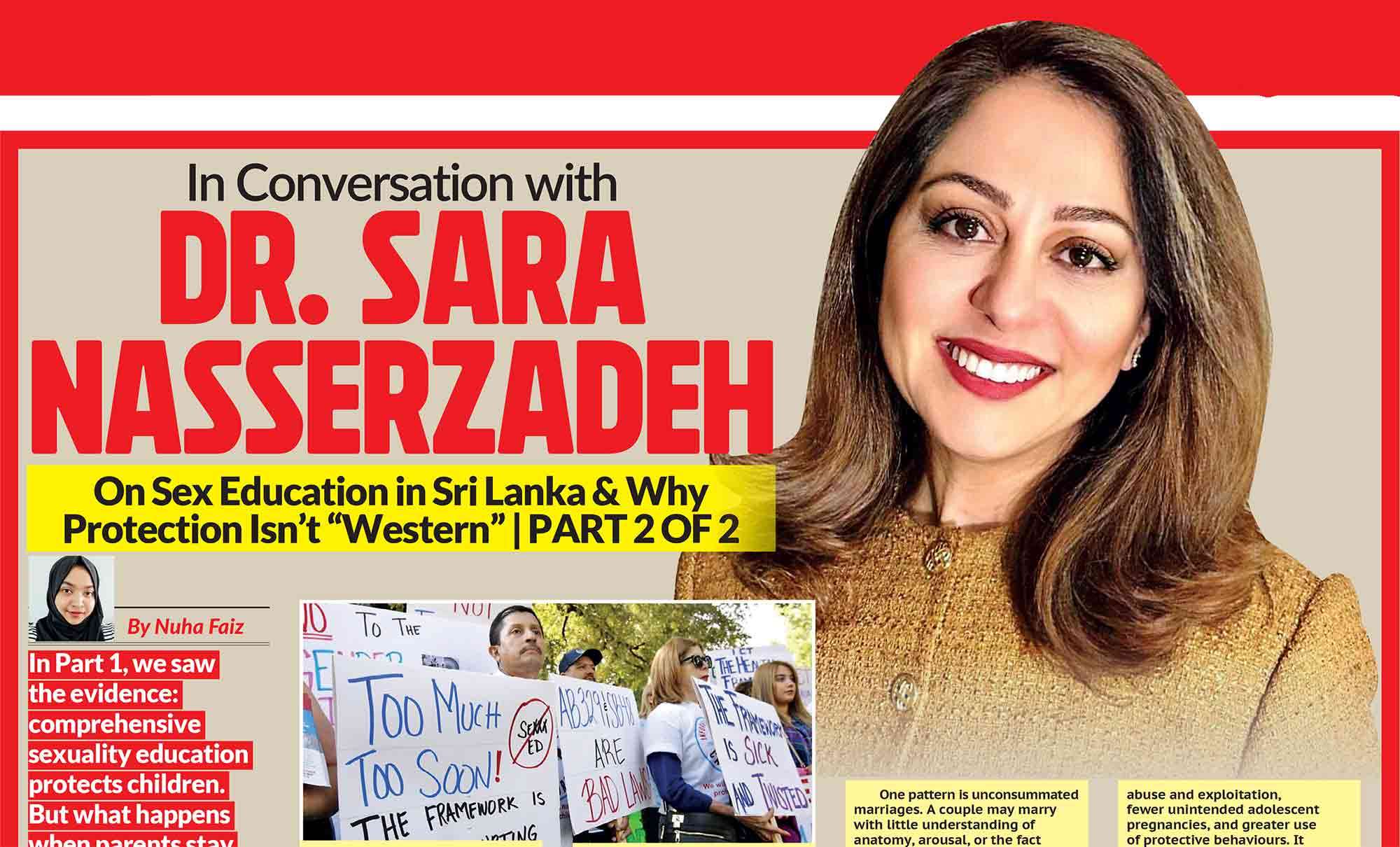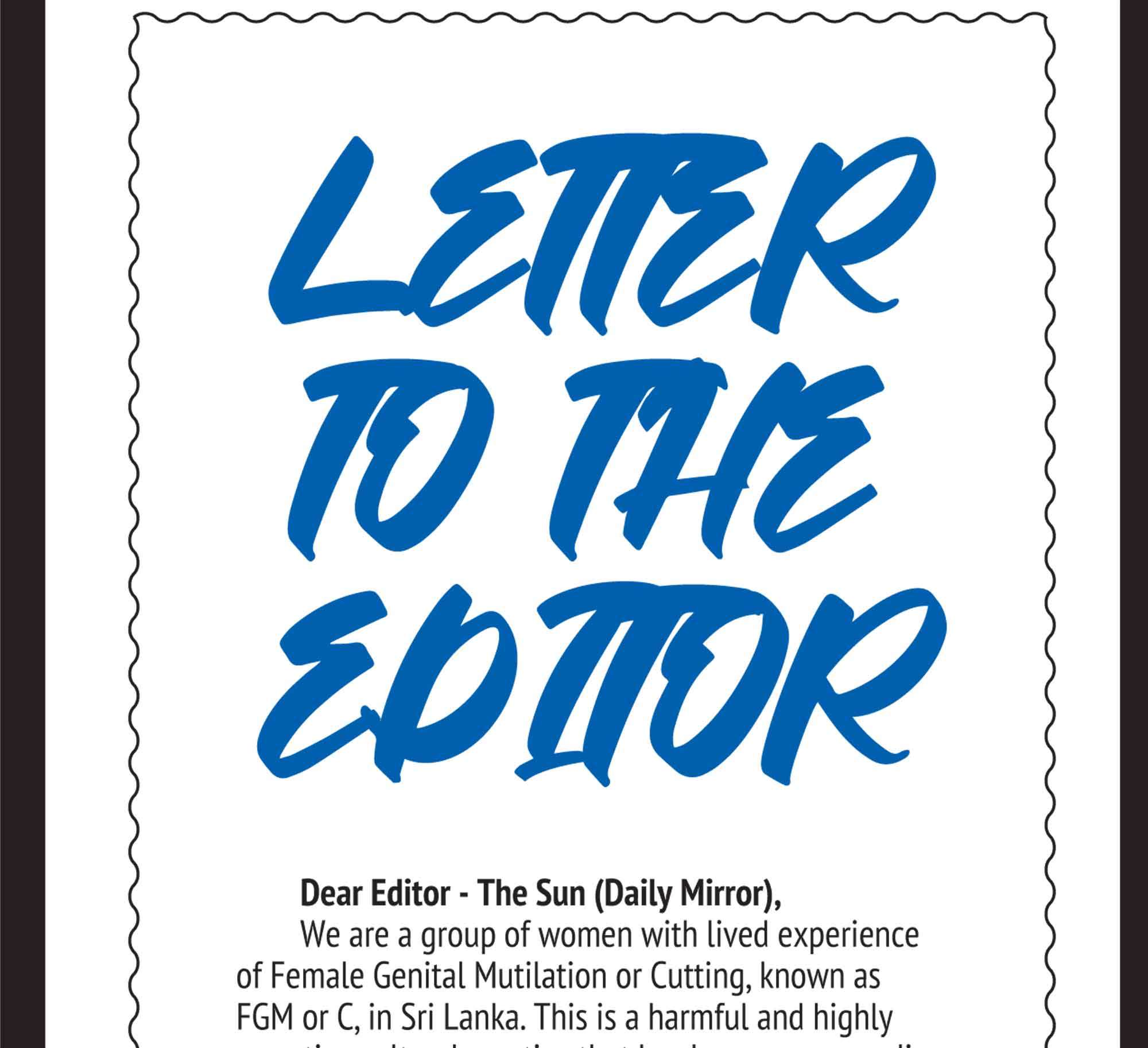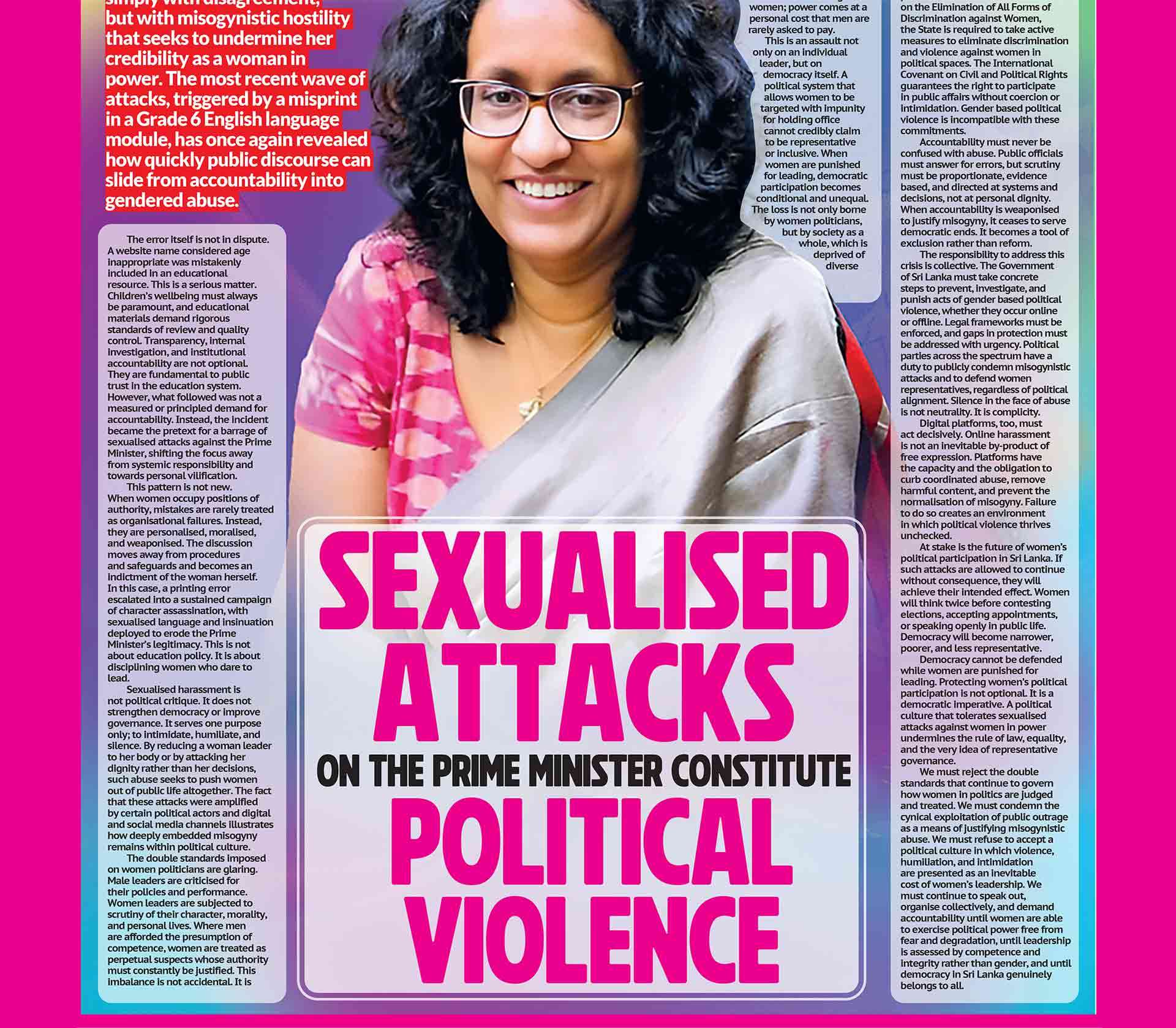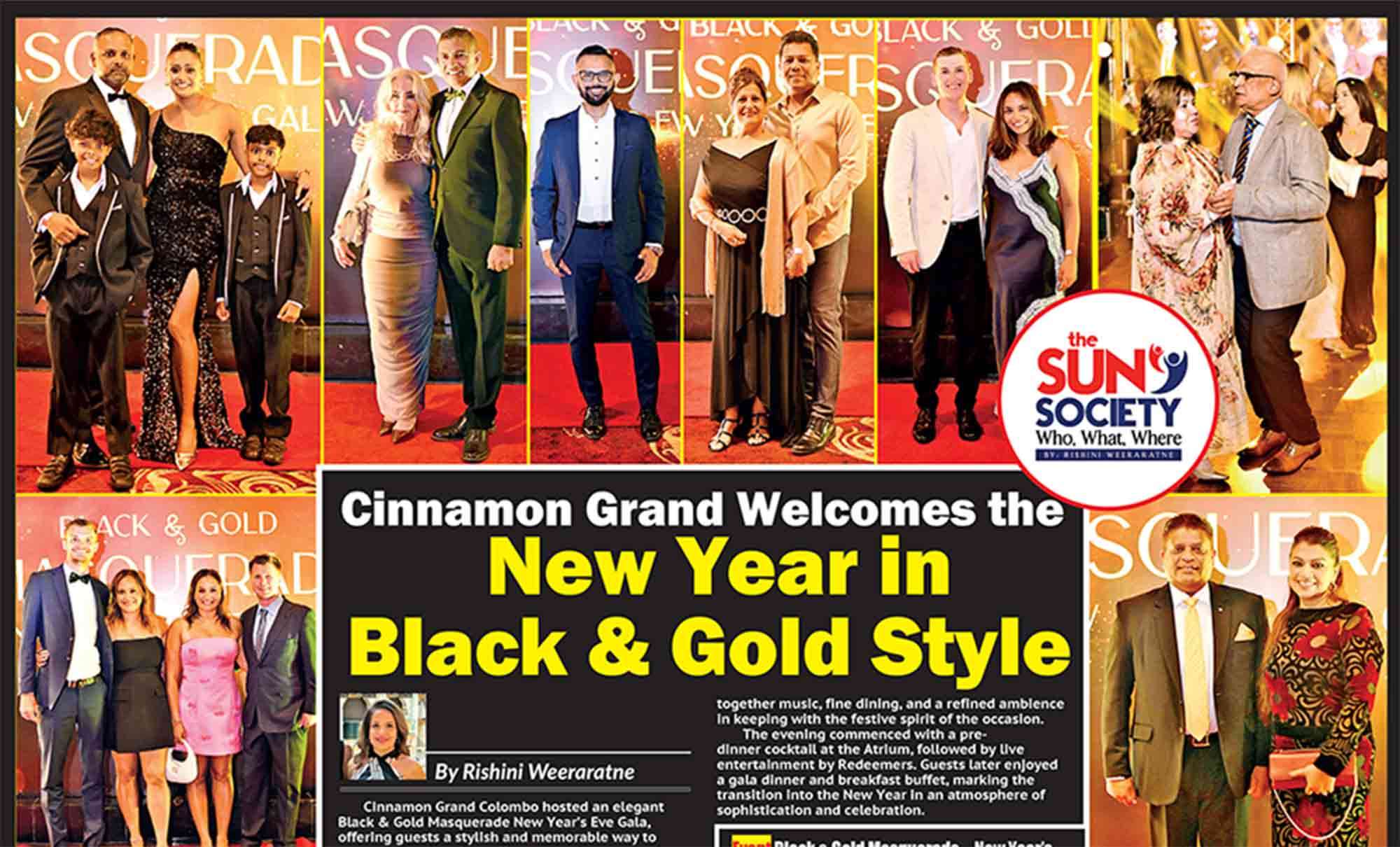
Ever wonder why you lose every negotiation or argument, feel that you’re not heard enough, escalate conflicts, or find it almost impossible to get people to understand your point of view? Before we dive into specifics, let me begin by telling you a simple story that we all grew up with, Little Red Riding Hood. A little girl sets out to visit her grandmother with a basket of food.
Before leaving, her mother warns her clearly: “Don’t talk to strangers and don’t leave the path.” However, along the way, she forgets the warning. She chats with the wolf, tells him where she’s going, and ends up in danger when the wolf reaches her grandmother’s house first. At first glance, it’s a tale about obedience and safety, but beneath that, it’s really about communication gone wrong. Red didn’t truly listen to her mother’s message, and she wasn’t cautious about what she shared with a stranger. The wolf, on the other hand, used clever words to deceive her, showing how manipulative or unclear communication can distort meaning and trust. If we think about it, the entire story turns on the difference between communication (words being exchanged) and effective communication (messages being understood, respected, and used wisely). It reminds us that being a good communicator isn’t just about speaking, but also about listening and understanding context.
What is communication?
Communication can be simply defined as a process of sharing information, ideas, or feelings between people through speech, writing, or body language. And yes, we talk all the time at home, at work, with friends, yet somehow it feels like the messages get lost along the way. If we are to really think of it, just because words are said, messages are written, are we understood? Did we understand what was said and done? I think that’s because we often focus more on talking and sending messages rather than connecting. This puts an end to the cycle of effective communication. For example, if we are to be in disagreement with a person on a certain matter, we tend to often avoid the matter or jump to disagree upon it. Either way, it creates an environment for conflict and chaos. The way I see it, simply put, within every interpersonal conflict in life, communication is both the problem and solution.
Where are we possibly going wrong?
‘I disagree’, ‘No way’, ‘I don’t think so’, ‘You’re wrong’
Any of these phrases sound familiar? Probably from every time you argued with the same person over the same thing, using the same words like a broken radio, and still somehow managed to escalate the conflict rather than resolve the issue. Honestly, it’s not just always about disagreeing; sometimes, as in the story before, it’s also the fact that we simply fail to listen and understand things that have been said to us. We listen half-heartedly, respond too quickly, and wonder why misunderstandings grow or even get into trouble.
What makes communication effective?
To begin with, I think effective communication is a two-way path of understanding and not just speaking but listening and ensuring the message is received as intended. I believe that there are 4 key traits that can be used to communicate effectively. Namely,
- Clarity: being specific about what you mean to say
- Empathy: trying to understand how others might perceive it
- Actively listening: paying attention to what is said and to the feedback
- Tone and Body Language: the unspoken elements that carry meaning
Furthermore, I am of the opinion that instead of disagreeing right away, if we are to begin our response by acknowledging any common ground or any part of their statement that we can understand, it brings connection into the communication, resulting in its effectiveness.
Why does it truly matter to communicate effectively?
As humans, we find ourselves engaged in various kinds of interactions in our day-to-day life, from simple conversations with parents, children, partners, to job interviews, work meetings and so on. What every interaction has in common is its need for clear and effective communication. Simply meaning communication matters in both a personal and professional aspect in every individual's life. If you ask me, I believe that the art of becoming a great communicator lies in a statement being clearly expressed and followed by active listening so that the other person feels heard and a reply that makes them feel understood. In addition, I’ve learned that sometimes, it’s not always what we say, but also how we make others feel, that decides whether the message lands. As someone who’s still learning, I’ve come to the realization that it’s less about talking more and more about connecting better because we may all know how to communicate, but learning how to connect is what truly makes communication effective. Communication is something we all do, but effectiveness takes awareness, as words are only powerful when they’re understood. Let me end with a quote that captures the essence of effective communication.
“Our words should be bridges to comprehension, not barriers to connection,” Steven Bartlett.






